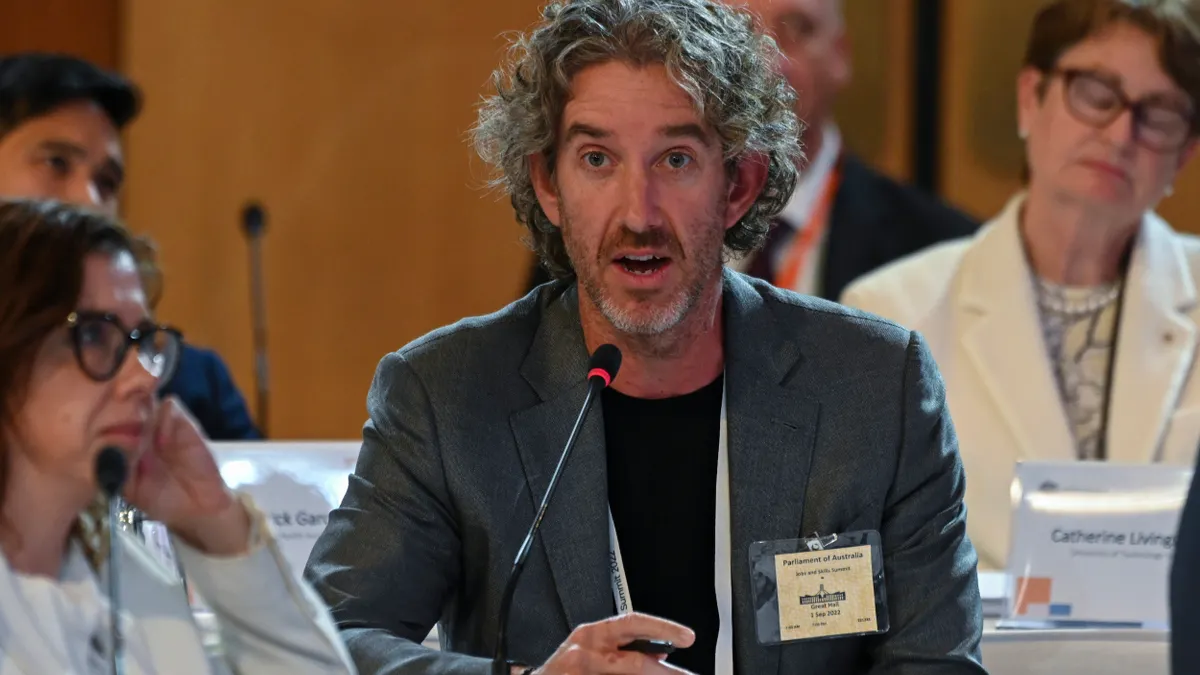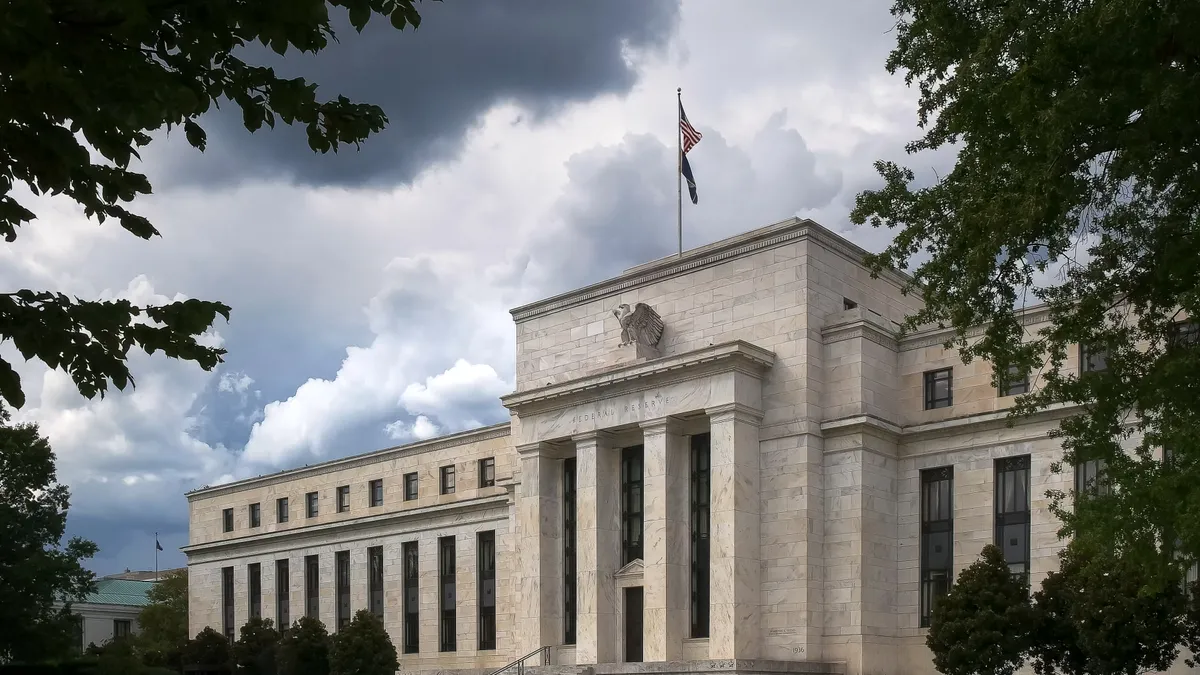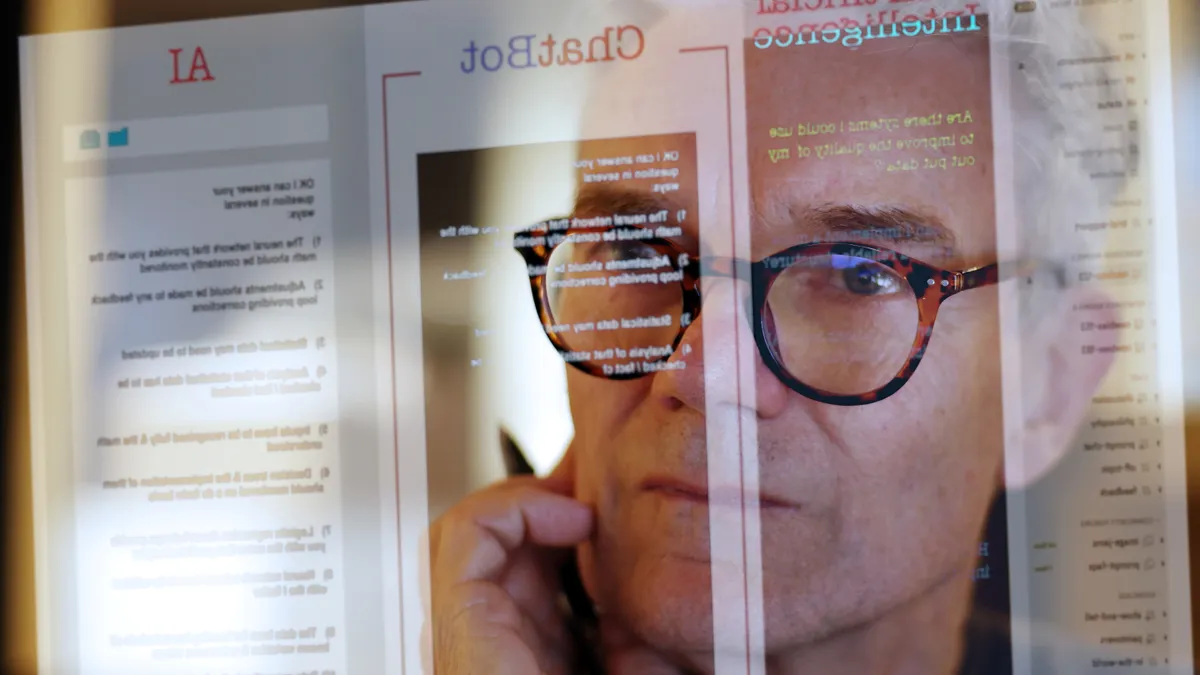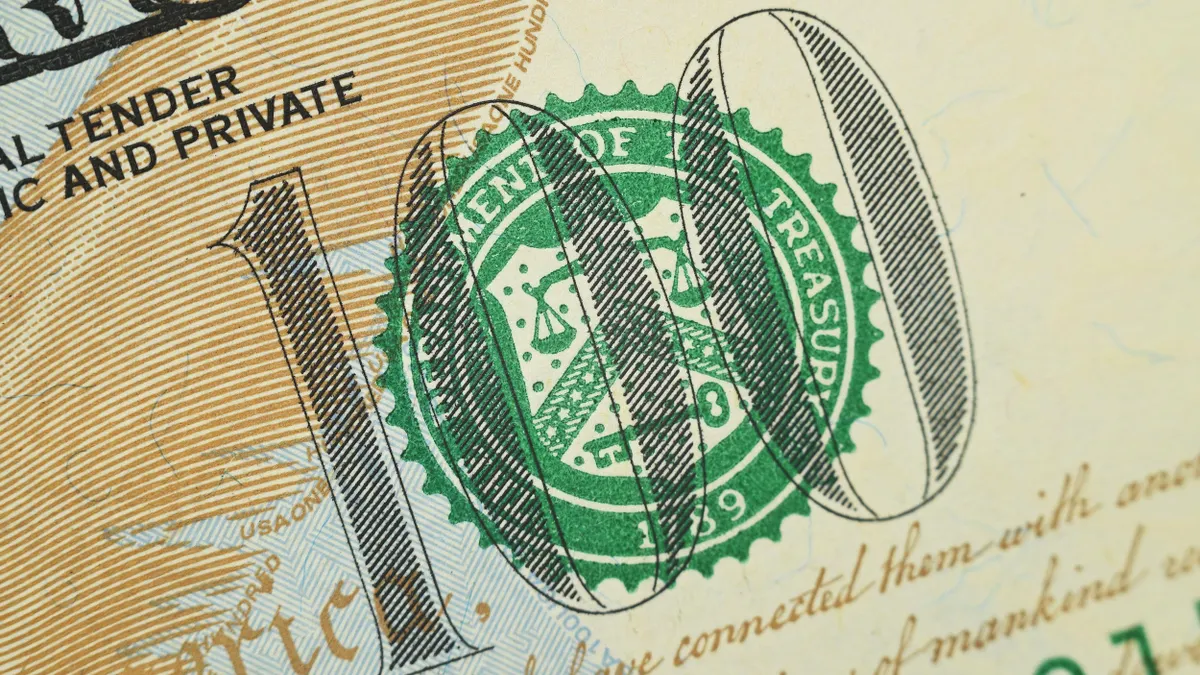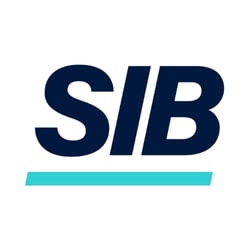CME Group CFO and President Lynne Fitzpatrick is focusing on key partnerships that can help the global derivatives marketplace continue to grow, she said.
The Chicago-based global derivatives market has reported record net income for the past three consecutive years, noting $3.5 billion in net income for full-year 2024 — which followed net income of $3.2 billion in 2023 and $2.7 billion in 2022, according to company releases.
“A big focus has really been on, how do we extend our product set, how do we extend our client base, and really, how do we continue that momentum?” Fitzpatrick said in an interview. “So we've been focusing a lot on partnerships that we think are going to set us up for that long term growth trajectory.”
Finding alignment
Partnerships are one of the ways the business can expand its reach in areas where it sees opportunities to expand, but might not have the “subject matter expertise,” Fitzpatrick said.
In August, for example, the company announced a partnership with sports betting and online gaming company FanDuel — which is part of Flutter Entertainment — to build out event-based contracts, according to a press release. Participants will be able to use the product — set to launch by the end of this year, Fitzpatrick said — to take “yes” or “no” positions for “as little as $1,” according to the release.
The FanDual partnership “appeals to more of a retail user base” that hasn’t had as much exposure, historically, to futures or options products, Fitzpatrick said, while CME is able to further its own expansion in the retail sector.
“This mass retail channel is an extension of what we're already seeing as a nice growth driver for CME,” she said. “So that retail community has been our fastest growing segment this year. It's up about 20% so far in 2025, so this is just further extending that potential reach, and doing it in a way that we're meeting the clients where they are.”
Fitzpatrick joined CME Group in 2006 as its executive director of corporate finance, according to her LinkedIn profile. She has served as CFO for the derivatives marketplace since April 2023, and was appointed to the dual role of finance chief and president in November 2024. Prior to CME Group, she held roles at UBS Investment Bank and Credit Suisse First Boston.
In seeking out partnerships, one of the key things the business is looking for is “complementary skill sets or complementary strengths that we think can lead to a higher probability of a positive outcome,” she said.
However, it’s also crucial to have an alignment of both approach and culture when it comes to choosing one’s partners, Fitzpatrick said. Getting the partnership signed is only the first step, but when it comes to “the actual execution and the ongoing delivery of the partnership, the more transparent you can be about the goals at the outset,” the better for both parties, as that “leads to better expectations as well as better delivery because there's no surprises at that point,” she said.
A similar approach to key areas such as compliance, customer strategy and security are also table stakes when seeking new partners to enable that smoothness of operation.
“We really want to make sure we have an aligned view of those type of issues before we would partner with another firm,” Fitzpatrick said. “So we're really looking for that similarity in approach and similarity of views of the importance of the customer and the regulatory landscape.”
A disciplined tech approach
Another area that’s critical to successfully executing a partnership is clarity when it comes to technology between the two businesses, including who is responsible for its integration, Fitzpatrick, said.
She pointed to CME’s ongoing team-up with Google as an example. As part of the 10-year agreement, Google took a $1 billion equity investment into CME, and CME has been moving much of its infrastructure into the former’s cloud environment.
“At this point, all of our data and the majority of our clearing applications have moved into that cloud environment,” Fitzpatrick said. “So we are very much relying on their expertise in infrastructure and connectivity and our expertise in running the markets themselves.”








